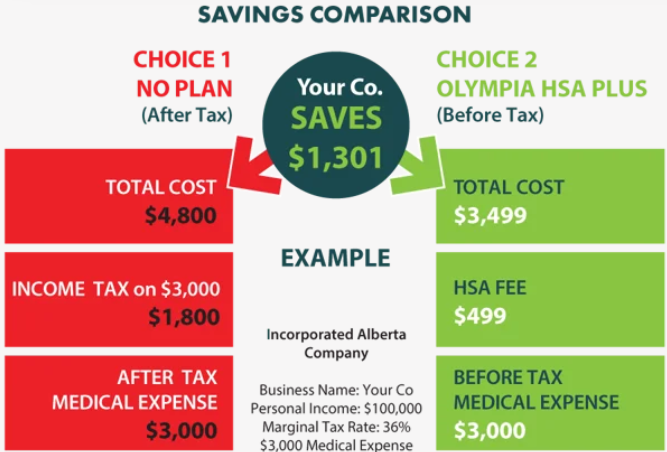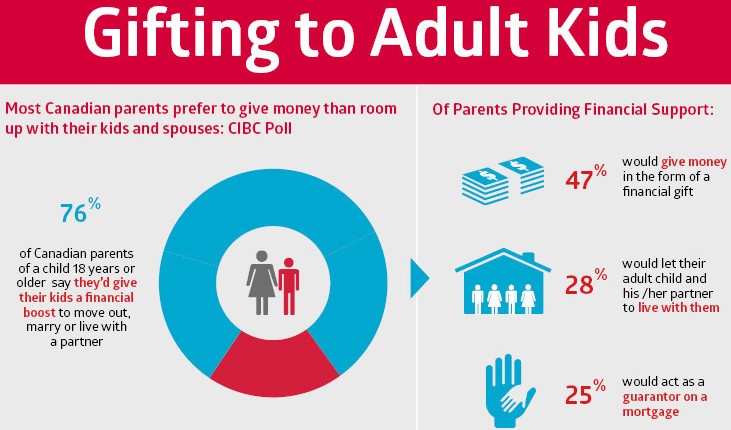What I’m referring here is the common held belief that having a parent change the ownership of their home or rental property (or any other asset for that matter) to “joint tenancy”, in the effort to avoid probate fees when the parent passes on, is good “estate planning”.
You know where I stand on this already (based on the title of this blog). First though, I want to make a distinction regarding “tenancy” (ownership) as there are 2 main forms:
- Joint Tenancy (with Rights Of Survivorshp) – this is where, the deceased person’s ownership passes to the other owner(s). if one person dies, the surviving owners automatically own the entire property.
- Tenants in Common – when one person dies, their ownership interest passes on to whomever they have named in the Will to inherit their asset(s). The surviving owner(s) of the property have the same ownership percentage of the property as they did before.
As you can see, the Joint Tenants (with Rights Of Survivorship) is what we are talking about here and what so many people change because they think it is good planning.
When someone has an asset, is is part of their balance sheet or net worth. Net worth can be a powerful tool to be used for obtaining credit; the higher your net worth, the more you can borrow. Income does play a part in how much you can borrow, but let’s take that out of the equation, to keep things simple.
If a son or daughter becomes part owner of their parent’s property, that portion of the property is now, legally theirs. Should they run into financial difficulty, person or bank they owe money to can go after their ownership share. Worst case scenario is your son or daughter has used their increased net worth, to borrow more money than they could before. In the end, you the parent, could own half the property and the bank owns the other half. Again, this is an absolute worst case but a recent court case in BC shows this isn’t pie in the sky.
A mother added her son as joint tenant (owner) on a condo she lived in. The son fell into financial troubles so he transferred his ownership interest back to his mom. This was (so they thought), his ownership stake wouldn’t be available to his creditors, to pay off his debts.
Well, to make a long story short and highlight the moral of the story, the courts ruled that the mother could live in the property for as long as she wanted to and when the property was sold, either upon her moving or upon her death, the bank would get their share of the asset to pay the debt owed to them by the son and the mother’s estate would get the remainder.
That is one scenario on what can go wrong. Here is another:
When parents (or a single parent) transfer the ownership of their home as joint tenants (ownership) to their children, the percentage the children own is now not a principal residence. In Canada we have huge benefit of having any money we make on our homes, be completely tax free. When a parent shares ownership with an adult child, any future gain on the adult child’s ownership portion is taxable. The longer that property is held that way the larger the potential tax to be paid when the beneficiaries decide to sell the property. That dollar amount could be significantly more than would have been paid in probate fees. Frankly, I think this is the worst as it is a guaranteed outcome. CRA always gets their money. However, here is another downside:
When your adult child is married, the part of your home they now own can become a part of the divvying up of assets, should their marriage fail. This means that your adult’s child’s ownership portion could go 50% to their soon to be, ex-spouse.
And if that wasn’t enough…
As I mentioned before, when you pass on, your portion of your property automatically goes to the other joint tenant (owner), they are in the driver’s seat on what happens to the property. Why, they own it all now. The could simply decide to keep the property for themselves. Sure, this can be brought before the courts by their brother(s) and / or sister(s) but, do you really want your legacy to be feuding adult children?
I think you get the picture. Putting other people’s names on your property to try and save probate fees is a money saving attempt that can go wrong in so many ways. If you get any other advice, find another advisor.
PS. If you want more articles on this topic…
PazderLaw.com (need advice on this topic? Ken Pazder can help)






